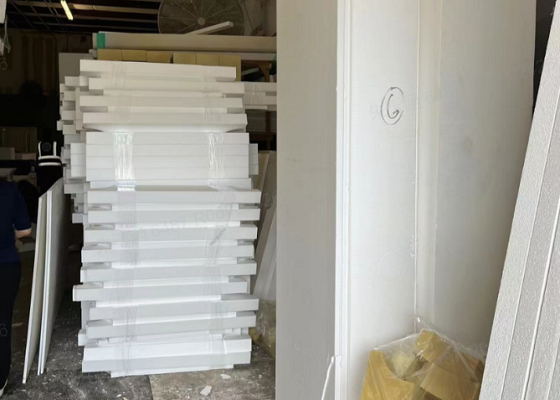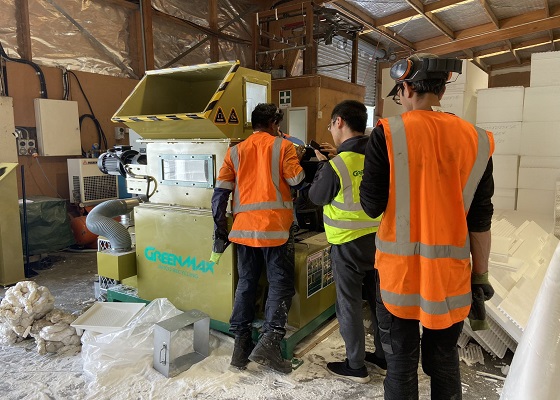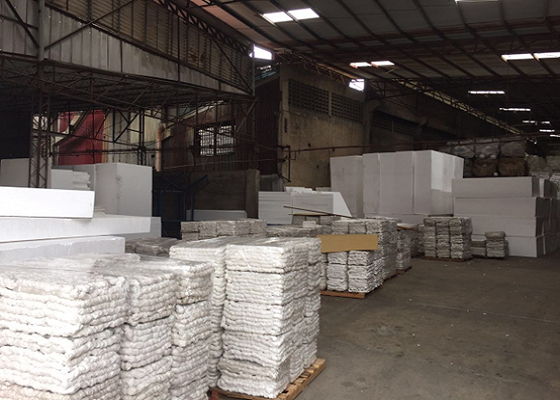“B2B” polystyrene recycling model with the polystyrene densifier may be the most efficient recycling route
According to a new recycling survey by Resource Recycling Systems (RRS), in 2022, over 168 million pounds of expanded polystyrene (EPS) transport packaging were kept out of the trash. This indicates that North America recycles at a rate of 31%. Today, two years later, recycling work has become more and more complete, and the recycling rate of expanded polystyrene in North America and even around the world is also increasing. This is partly due to the use of polystyrene recycling machine like polystyrene densifier.
Instead of typical curb-side programs for consumers, business-to-business (B2B) networks and other channels are the primary means through which EPS recycling takes place.The demand for recycled content expanded polystyrene (EPS), which is used in rigid polystyrene applications such as picture frames, coat hangers, and as a concrete aggregate, as a result. It is also found in a wide range of end sectors, including furniture, safety helmets, automotive applications, novel packaging, and building and construction materials.

This B2B cooperation recycling model is currently a relatively common recycling model with significant recycling effects. GREENMAX focuses on the design and manufacturing of recycling equipment, and has cooperated with many related companies in North America for more than ten years. Because relevant companies in the field usually produce a large amount of waste expanded polystyrene, most companies in North America will choose to purchase polystyrene densifiers supported by hot melt technology. This recycling equipment has a high compression and is more suitable for large amounts of waste. company. These companies operate in a variety of industries, including recycling companies, fishing companies, household companies, agricultural companies, medical companies, etc. Because polystyrene needs to be recycled during the production process, in order to respond to local recycling policies and to establish a brand image, these companies have chosen to proactively use polystyrene densifiers for recycling.

Although the B2B model has maximized the effect of polystyrene recycling, we cannot ignore the activities of community organizations to help residents recycle domestic waste. The recycling methods should be diverse and not just limited to the larger profits. recycling mode.
According to Bowers, "Polystyrene is being recycled in greater quantities, and the growth in infrastructure and access points to more progress ahead." "EPS recycling has the potential to make a substantial contribution to a more sustainable economy with sustained innovation and investment. We urge communities and businesses to take advantage of these growing opportunities.

